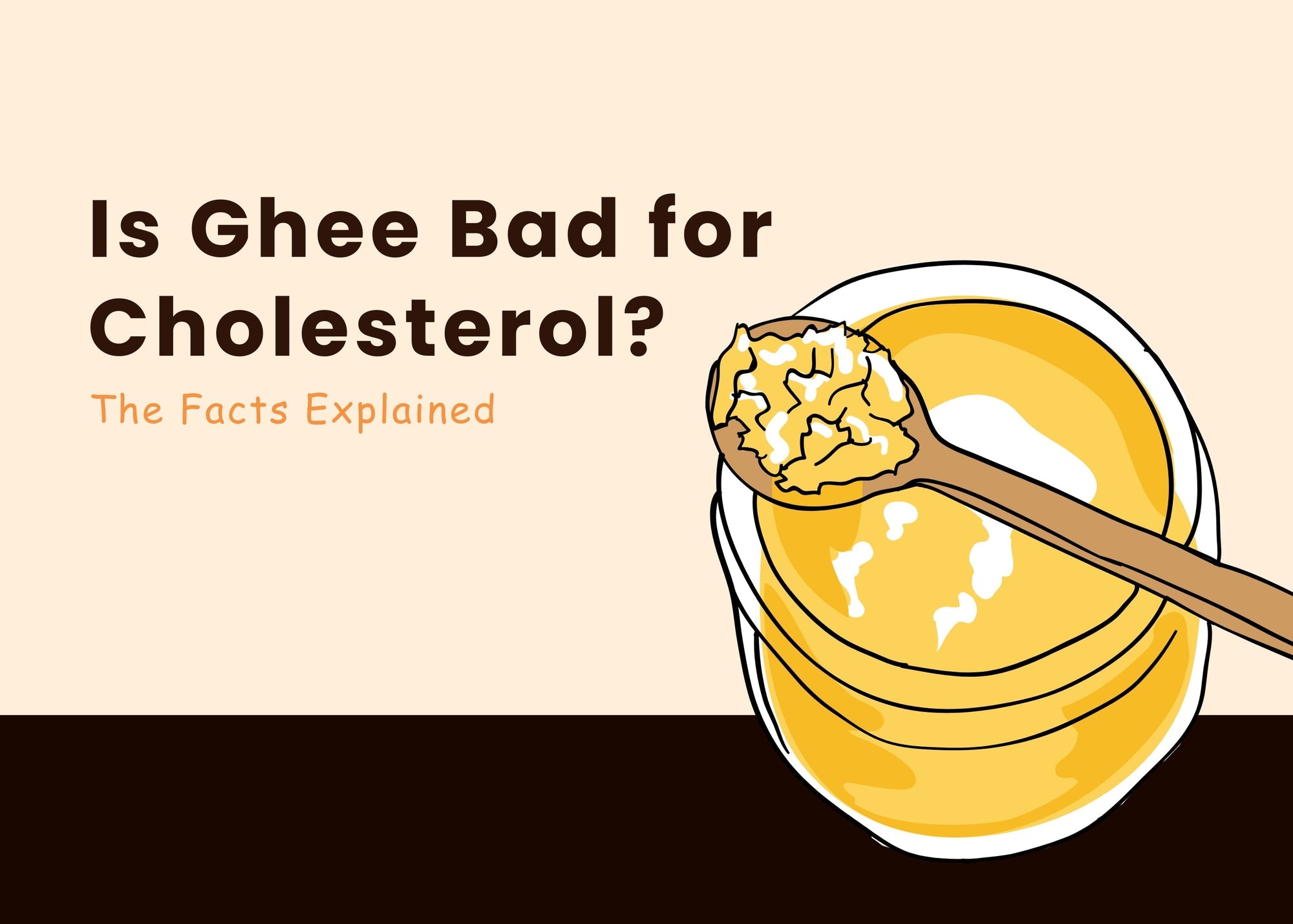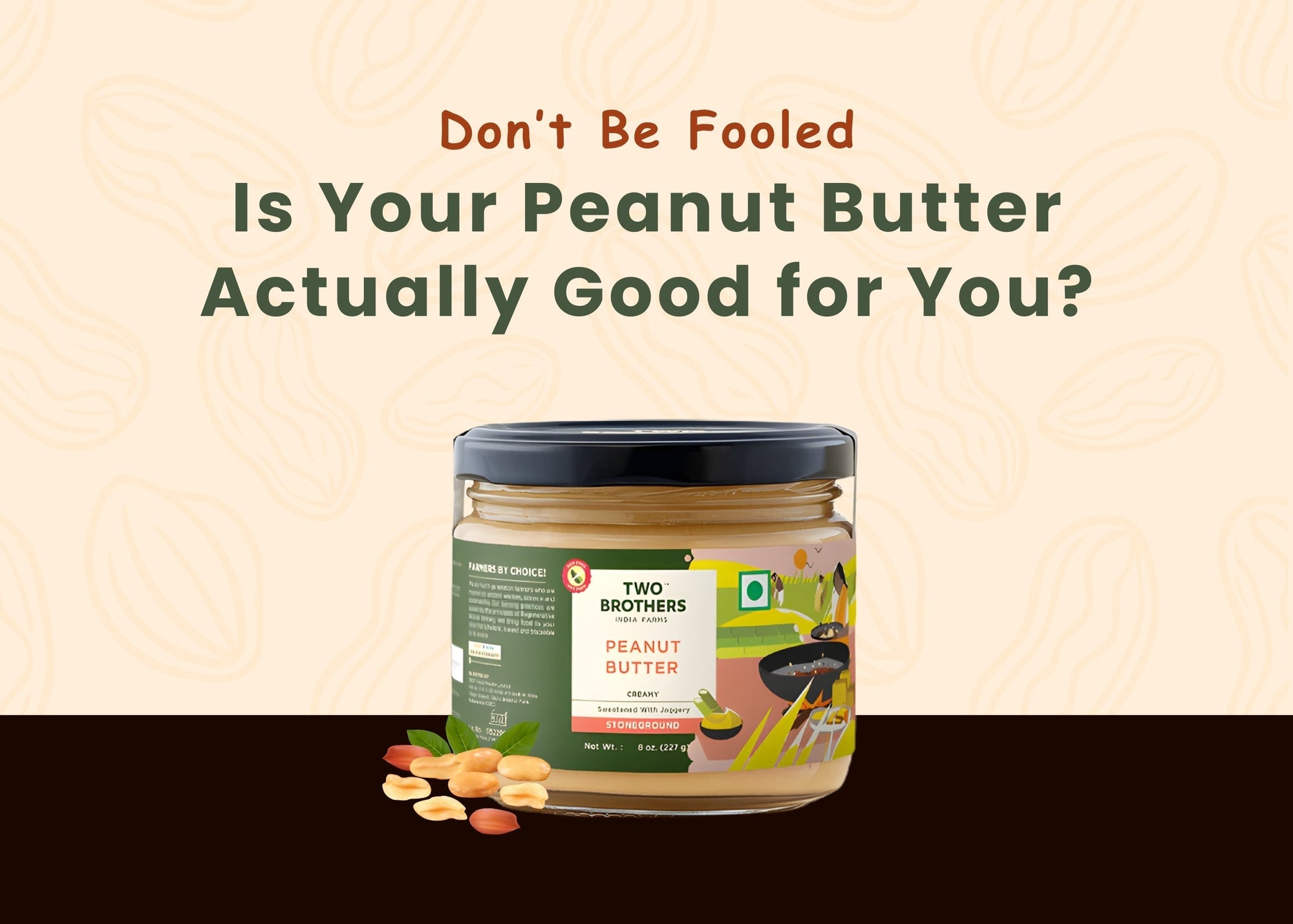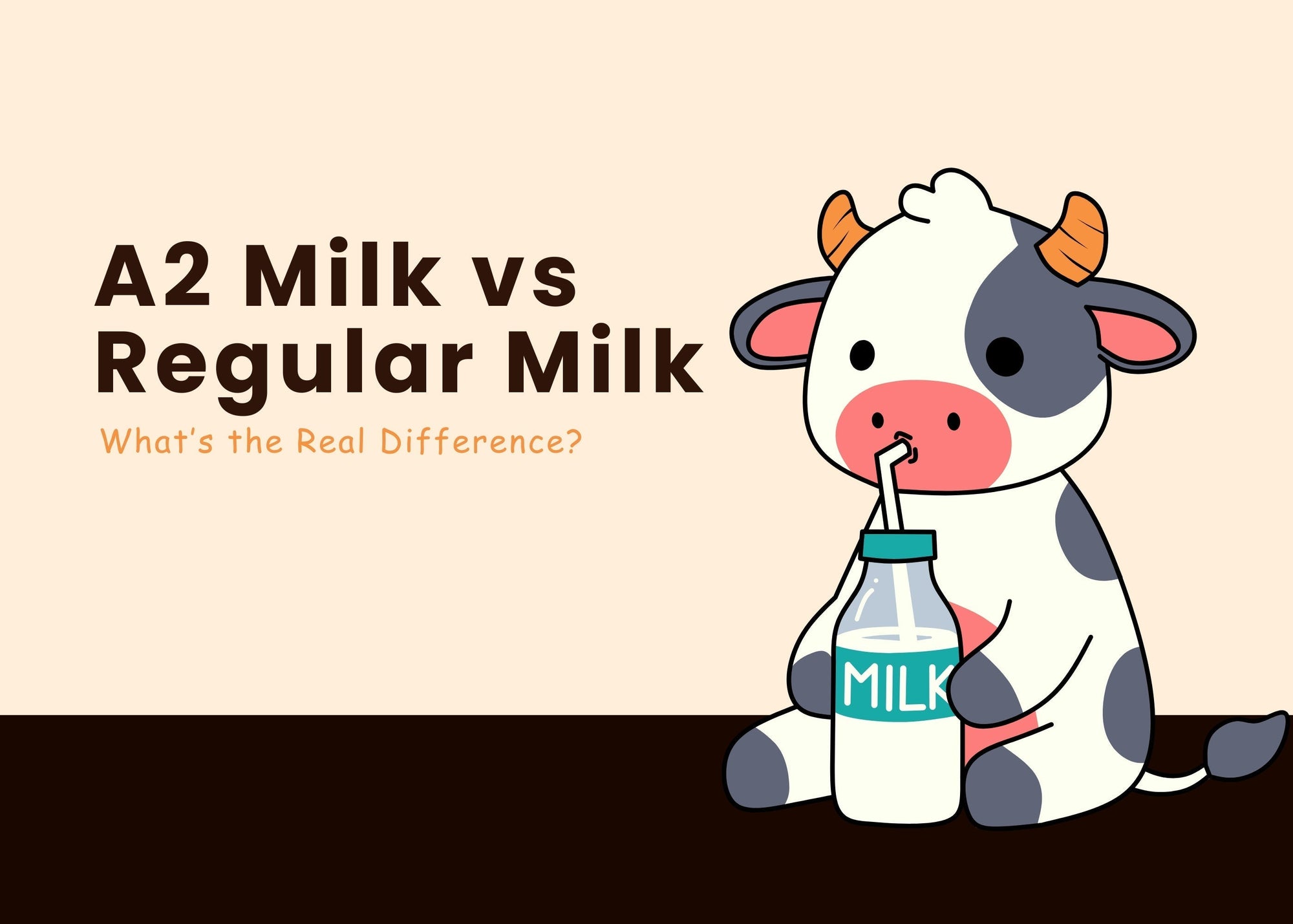Introduction
Ghee has been a part of traditional Indian cuisine for centuries, but modern dietary concerns have raised questions about its impact on heart health. Does ghee raise cholesterol? Is it really bad for the heart, or has it been unfairly demonized? The conversation around ghee and cholesterol levels has become increasingly confusing, with conflicting opinions from dietitians, doctors, and fitness enthusiasts.
In this blog, I’ll break down the scientific evidence surrounding ghee, explore whether it truly affects cholesterol levels, compare ghee vs. butter for heart health, and discuss whether it can be a heart-healthy butter alternative.
What is Desi Ghee?
Desi ghee is a form of clarified butter that is made by slowly simmering butter to remove water and milk solids, leaving behind pure butterfat. Unlike regular butter, ghee has a higher smoke point and is lactose-free, making it suitable for people with dairy sensitivities.
Nutritional Profile of Ghee
- Rich in healthy fats: Contains saturated fats, monounsaturated fats, and small amounts of polyunsaturated fats.
- Packed with fat-soluble vitamins: A, D, E, and K.
- Contains butyrate: A short-chain fatty acid that supports gut health.
- No lactose or casein: Suitable for those with dairy allergies.
While these nutrients offer health benefits, the concern arises due to ghee’s high saturated fat content, which has long been associated with high cholesterol. Let’s explore whether this fear is justified.
Does Ghee Raise Cholesterol?
For years, saturated fat was considered a major contributor to heart disease due to its potential to raise LDL (bad) cholesterol. However, recent studies challenge this notion, suggesting that not all saturated fats are equal.
What the Research Says:
- A study published in the Journal of Nutrition found that consuming ghee in moderation did not significantly impact LDL cholesterol levels in healthy individuals.
- A 2018 study in the American Journal of Clinical Nutrition found that saturated fats from natural sources like ghee may not increase the risk of heart disease as previously thought.
- Another study conducted in India observed that people who consumed traditional ghee regularly had better heart health markers compared to those who consumed processed vegetable oils.
So, while excessive consumption of ghee may lead to an increase in LDL cholesterol, moderate consumption does not necessarily harm heart health and may even offer protective benefits.
Is Ghee Bad for the Heart?
The fear that ghee (specially A2 ghee) is bad for the heart comes from its saturated fat content. However, not all saturated fats behave the same way in the body.
How Ghee Affects Heart Health:
- Raises HDL (Good Cholesterol): Unlike processed fats, ghee helps increase HDL cholesterol, which removes excess LDL from the bloodstream.
- Rich in CLA (Conjugated Linoleic Acid): CLA has been linked to reduced inflammation and better arterial function.
- Contains Butyric Acid: Supports gut health, which is increasingly linked to overall cardiovascular health.
- Less Risk of Oxidation: Unlike refined vegetable oils, ghee is stable at high temperatures and doesn’t oxidize easily, reducing the formation of harmful free radicals.
While too much of any fat can be harmful, moderate amounts of ghee, especially from grass-fed sources like Two Brothers Amorearth Desi Cow A2 Ghee, can be part of a heart-healthy diet.
Ghee vs. Butter for Heart Health
Many people wonder whether butter is a better choice than ghee when it comes to heart health. Let’s compare the two:
|
Nutrient |
Ghee |
Butter |
|
Lactose & Casein |
None (better for lactose intolerance) |
Contains lactose & casein |
|
Smoke Point |
Higher (~485°F) |
Lower (~350°F) |
|
Shelf Life |
Longer |
Shorter |
|
Cholesterol Impact |
Raises both LDL & HDL |
Similar effect |
|
Heart Health |
Rich in CLA & butyrate |
Contains inflammatory milk solids |
Verdict: If you’re looking for a heart-healthy butter alternative, ghee is the better option due to its higher smoke point, lactose-free composition, and potential anti-inflammatory properties.
Does Ghee Go Bad?
One of the biggest advantages of ghee over butter is its long shelf life. Since ghee lacks water and milk solids, it does not spoil easily.
How to Store Ghee Properly:
- Room Temperature: Can last for months in an airtight container.
- Refrigeration: It can extend its shelf life by over a year.
- Avoid Contamination: Use a clean, dry spoon to prevent spoilage.
Unlike butter, which can turn rancid, properly stored ghee remains fresh for long periods without refrigeration.
FAQs About Ghee and Cholesterol
Q1: Does ghee increase bad cholesterol?
A: While ghee contains saturated fat, research suggests it raises both LDL and HDL cholesterol, balancing its impact on heart health.
Q2: Is ghee safer than butter for heart health?
A: Yes, ghee is a better choice than butter due to its higher smoke point, absence of lactose, and beneficial compounds like CLA and butyrate.
Q3: Can I eat ghee daily if I have high cholesterol?
A: If you have high cholesterol, it’s best to consume ghee in moderation and pair it with a heart-healthy diet rich in fiber and antioxidants.
Q4: What is the best type of ghee for heart health?
A: The best ghee is organic, grass-fed, and traditionally prepared, like Two Brothers Amorearth Desi Cow A2 Ghee.
Q5: Can ghee replace cooking oils?
A: Yes! Ghee is a better alternative to processed vegetable oils, as it is stable at high heat and does not oxidize easily.
Conclusion:
The idea that ghee is inherently bad for the heart is outdated. Modern research suggests that moderate consumption of ghee does not harm heart health and may even offer benefits by improving HDL cholesterol, reducing inflammation, and supporting gut health.
However, portion control matters. If you have high cholesterol or heart disease, consult a doctor before making dietary changes. Choosing high-quality, traditionally made ghee like Two Brothers Desi Cow A2 Ghee ensures you’re getting the best nutritional benefits.
So, does ghee raise cholesterol? Yes, but in a way that is not necessarily harmful when consumed wisely. Instead of fearing ghee, embrace it in balance with a healthy lifestyle!











